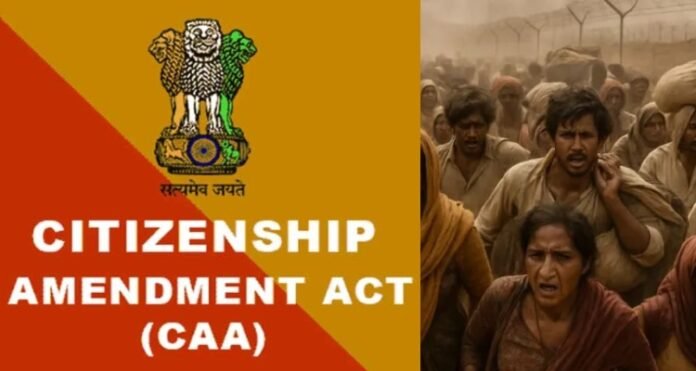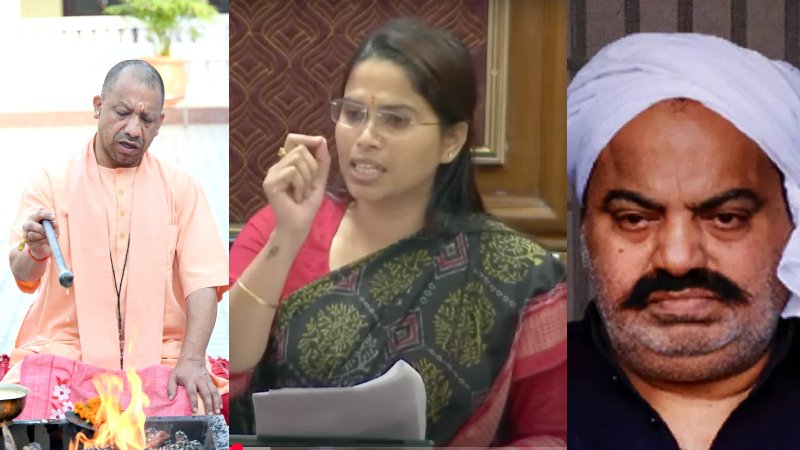The Central Government on Wednesday (September 3) took an important step and gave big relief to minorities from Afghanistan, Pakistan, and Bangladesh who came to India because of religious persecution. Under this order, Hindus, Sikhs, Buddhists, Jains, Parsis, and Christians can stay in India even if they do not have valid passports or if their documents have expired. This arrangement will remain in force till December 31, 2024.
New order after CAA implementation
The government had implemented the Citizenship Amendment Act (CAA) across the country on March 11, 2024. Later, in May 2024, it granted Indian citizenship to 14 refugees for the first time under this Act. Earlier, only those who came to India before 2014 and had valid passports or documents got permission to stay. Now, with this new order, the government has expanded the scope and given relief to those refugees whose documents have expired.
Rules for Nepal and Bhutan citizens
The Home Ministry clarified the passport and visa rules for citizens of Nepal and Bhutan. Citizens of these two countries can enter India directly through the land border without a passport or visa. This system will continue as before.
However, if a Nepali or Bhutanese citizen comes via China, Macau, Hong Kong, or Pakistan, they must carry a valid passport. Similarly, Indian citizens also don’t need a passport or visa to travel to Nepal and Bhutan, but if they come back to India from any other country, they must show a valid passport.
Special exemption for armed forces and families
The order also gave a special exemption to members of the Indian Army, Navy, and Air Force, as well as their family members. If family members travel on government transport, they will not need a passport or visa.
Key points of the Citizenship Amendment Act (CAA)
Who can get citizenship?
Hindus, Sikhs, Buddhists, Jains, Parsis, and Christians who came to India from Pakistan, Afghanistan, and Bangladesh due to religious persecution can apply for Indian citizenship. This rule applies only to these three countries.
No effect on Indian citizens
The law is only for refugees. It does not affect the citizenship of existing Indian citizens. Their rights under the Constitution remain safe.
Application process
Citizenship applications must be made online. Applicants must state when they came to India. Even without passports or other travel documents, they can apply. Under CAA, living in India for at least 5 years is enough to get citizenship, while the normal rule requires 11 years of residence.
Authorities Empowered in nine States
Under the Citizenship Act of 1955, the Centre has given District Magistrates and Home Secretaries in nine states the authority to grant citizenship to foreign minorities. These states include Gujarat, Rajasthan, Madhya Pradesh, Chhattisgarh, Haryana, Punjab, Uttar Pradesh, Delhi, and Maharashtra. More than 30 districts in these states now have officials empowered to approve citizenship.
This decision of the Central Government gives major relief to religiously persecuted minorities. Earlier, only those who came before 2014 could get exemptions. Now, even those without valid passports or other documents can legally stay in India. At the same time, the government has continued the old easy travel arrangements with Nepal and Bhutan without any changes.


